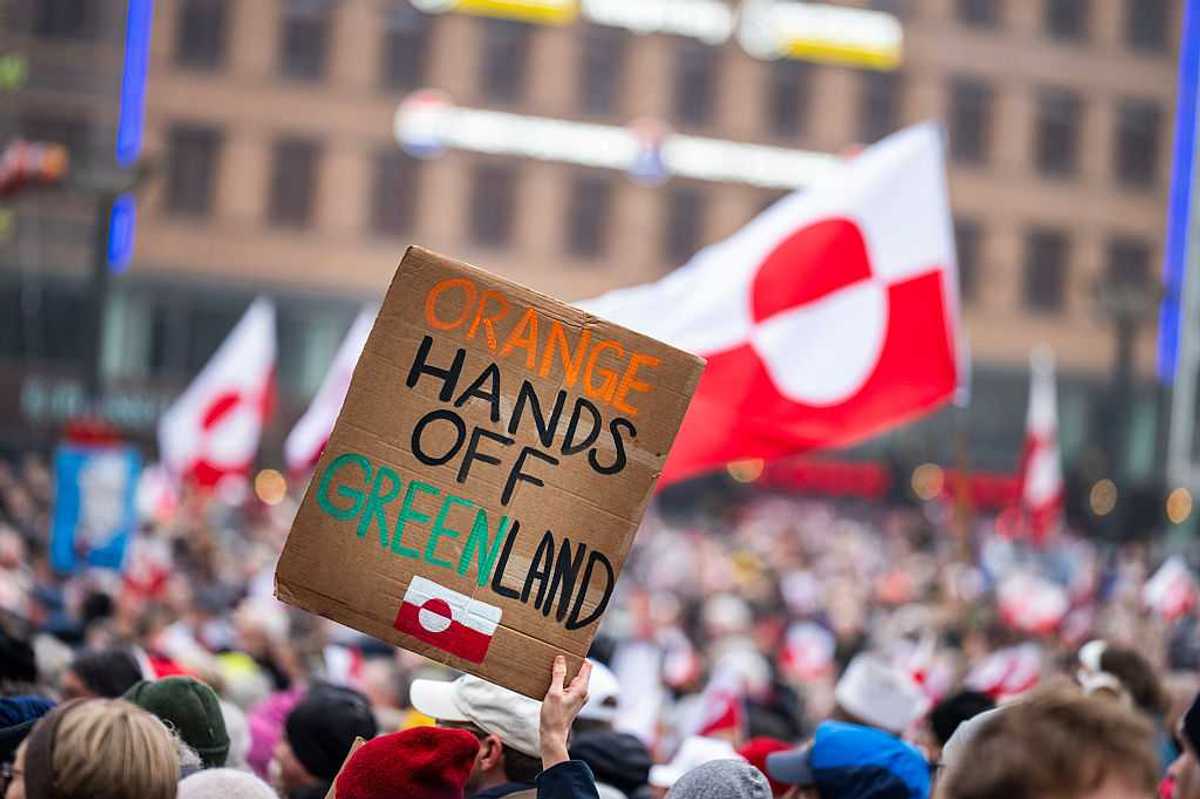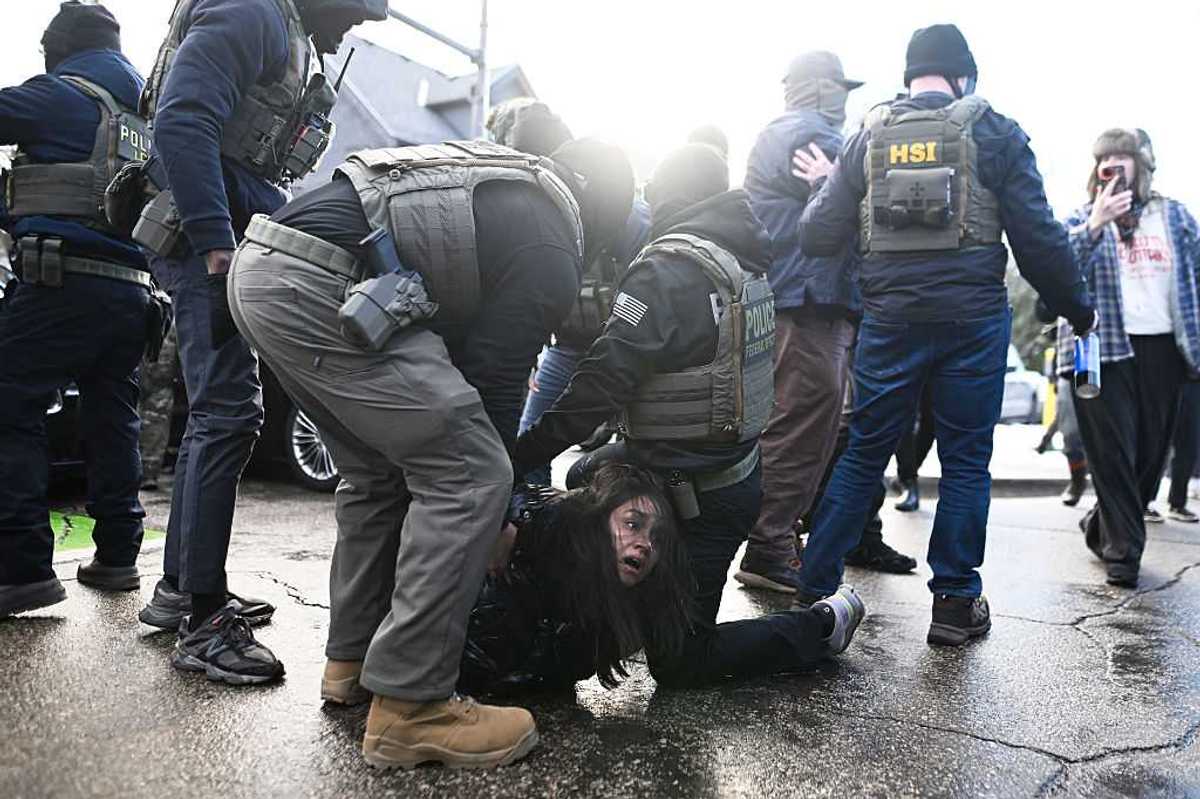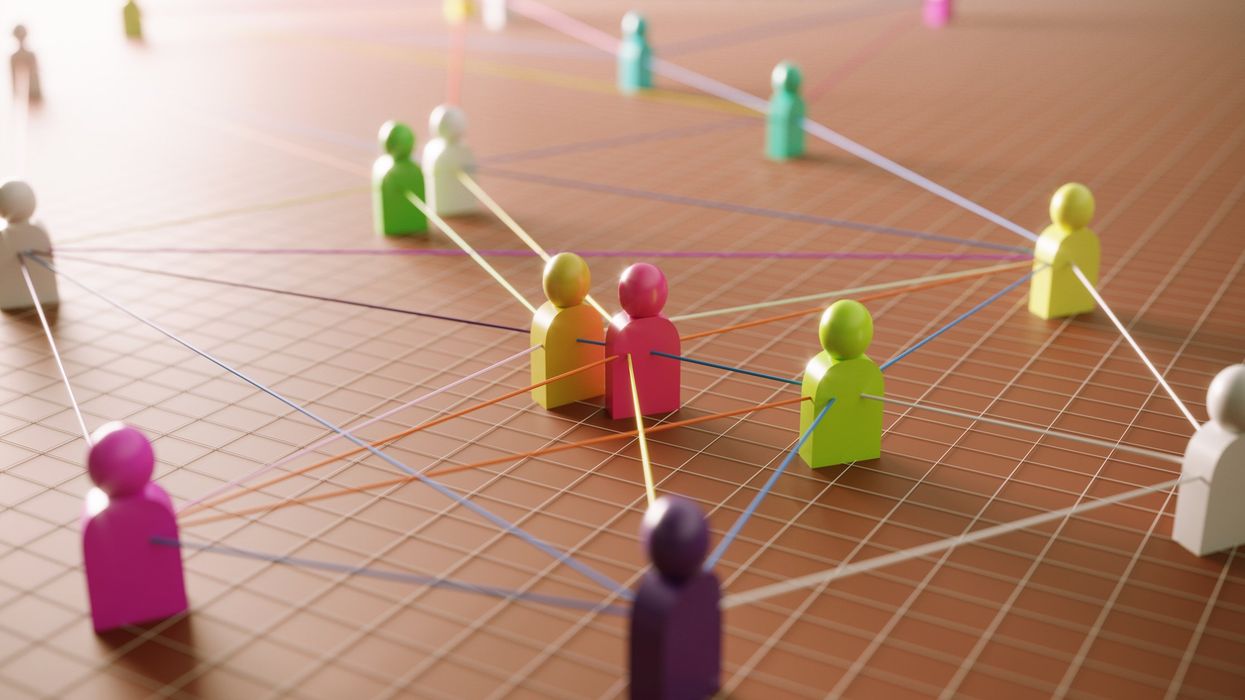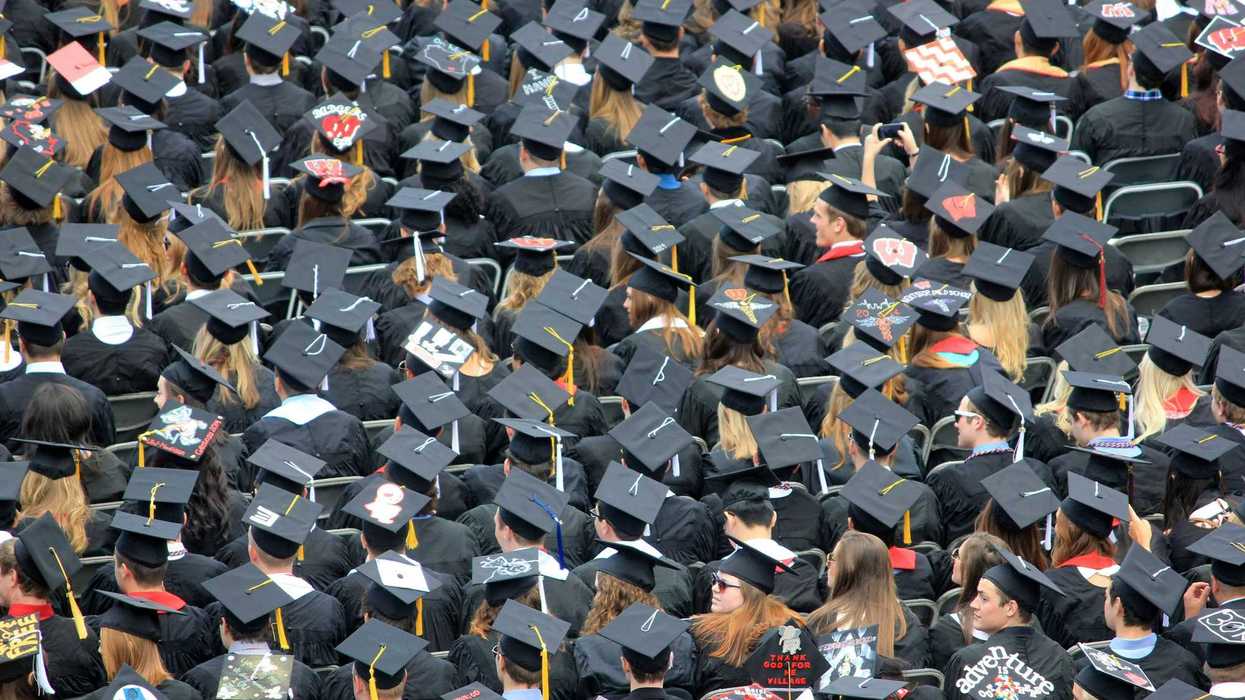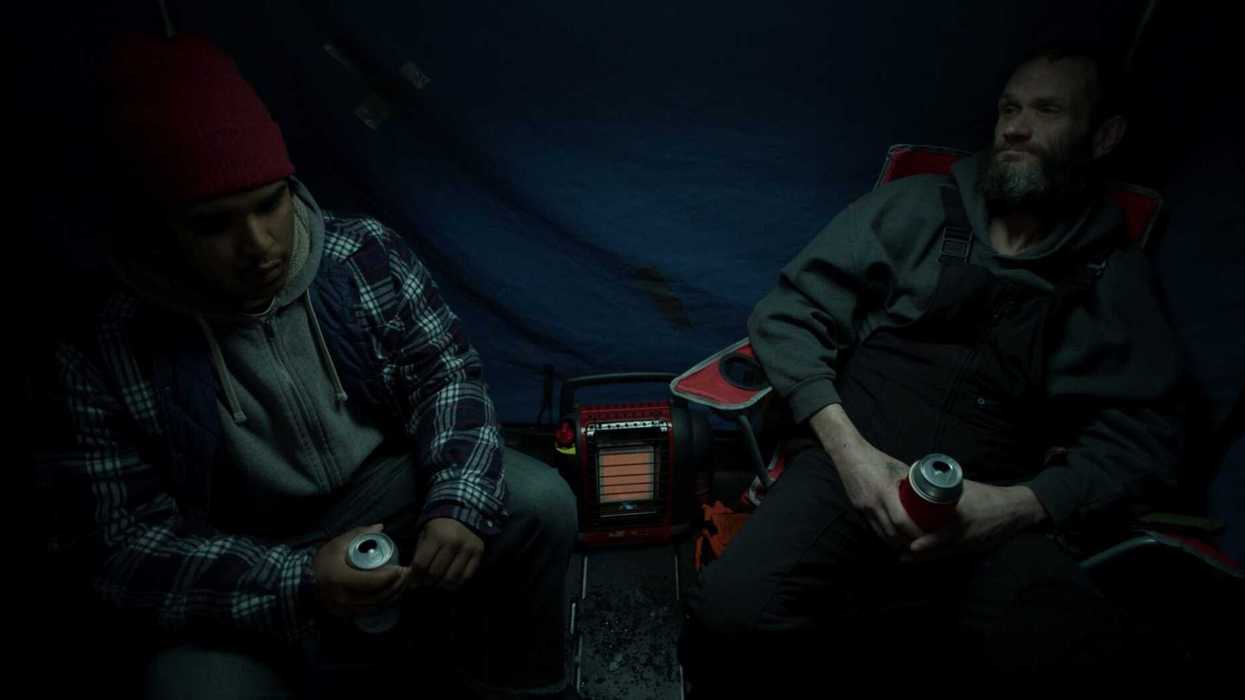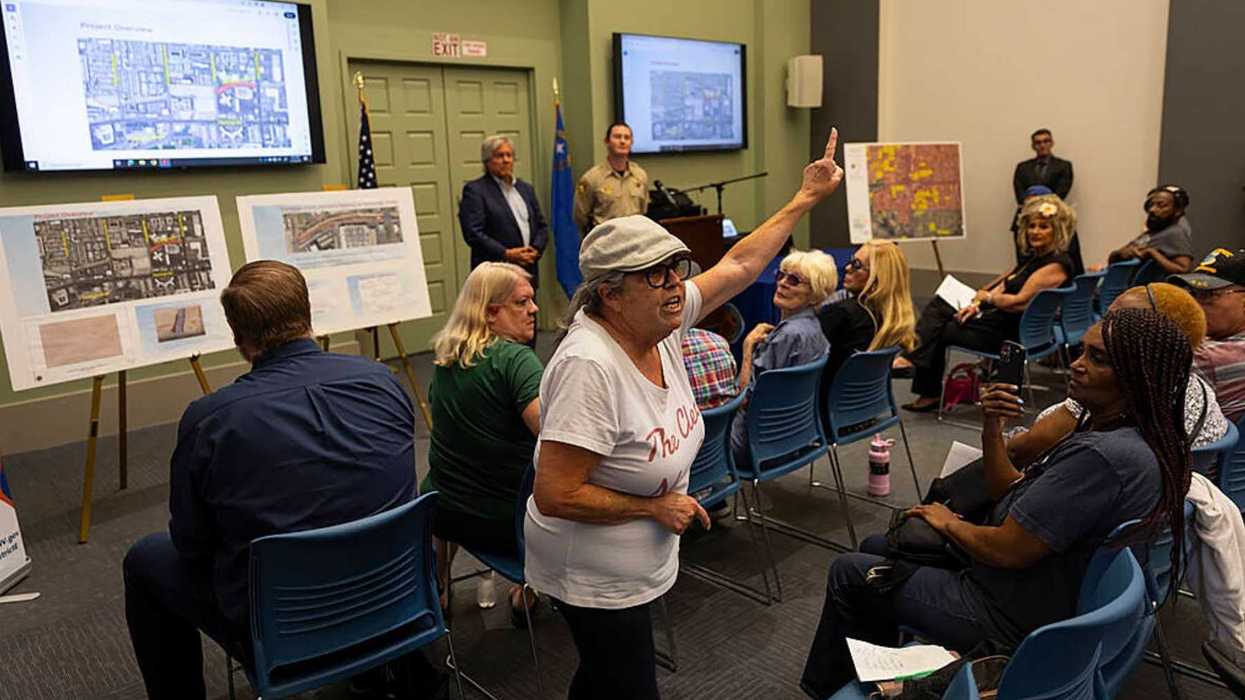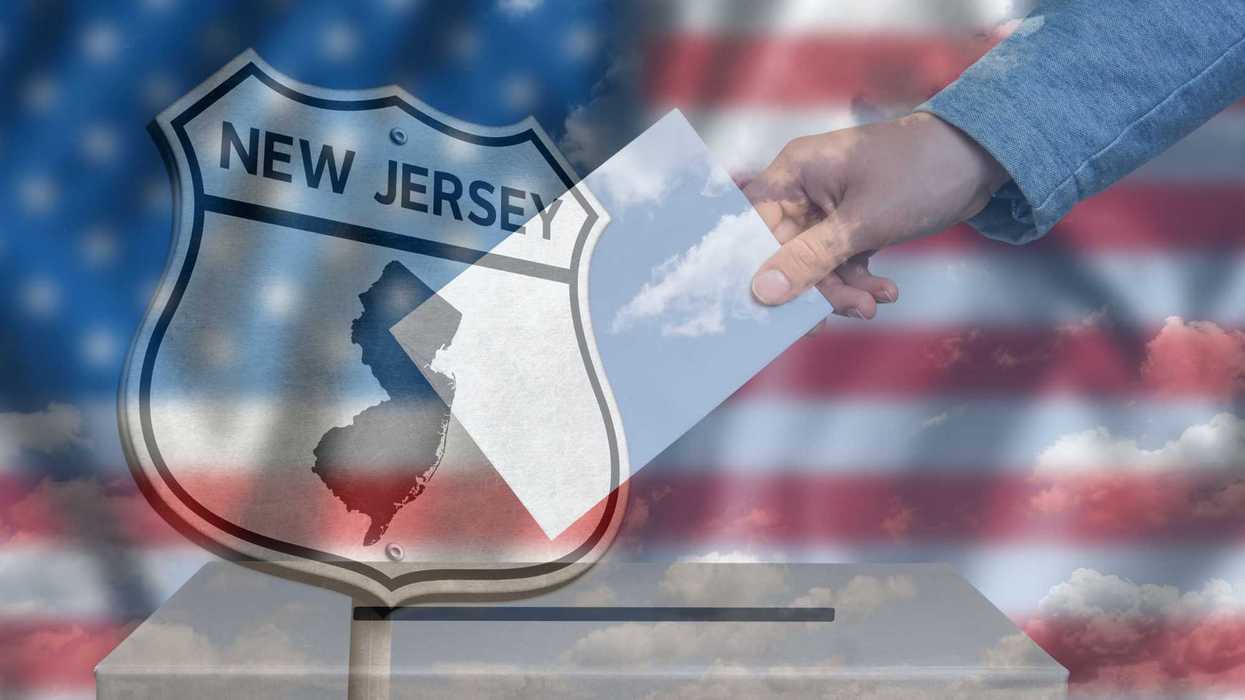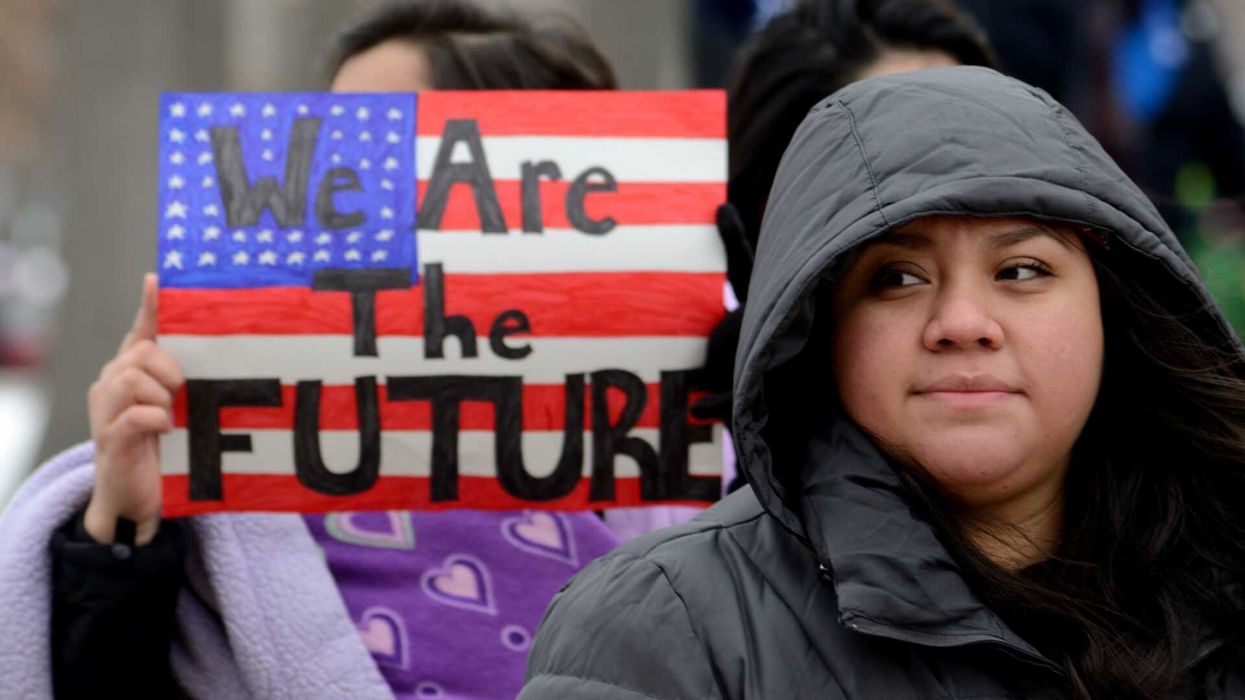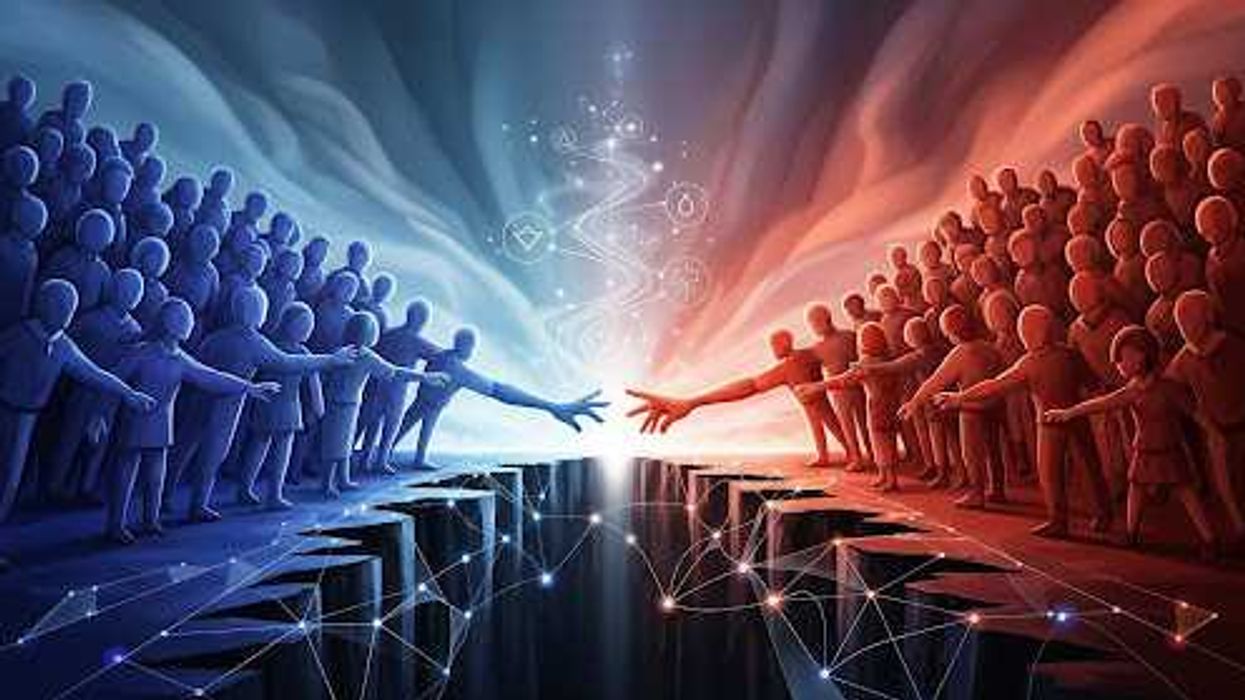Because I work in the cross-partisan democracy reform field, and especially because my work focuses on bridging America’s political and social divides, many colleagues, friends, and family members have asked me how I am thinking and feeling about our present moment.
Seven years ago, when I quit my job in the private sector to “defend democracy,” without really knowing yet what that meant, it felt important to be vocal about why I was upending my career and plunging into the professional unknown. I wanted to defend my decision (including to myself), while simultaneously offering validation to others around me who might feel similarly called.
As it turned out, it was important for me to speak out. A surprising number of people reached out to share that they, too, felt worried about our country. Many asked how I had mustered the will to pivot into cross-partisan democracy reform work. Many have followed and supported my work since, for which I’m grateful. Many have become more aware and active themselves, during the intervening years.
What I didn’t yet know, when making that leap, was that thousands and thousands of other Americans had preceded me in making courageous decisions to dedicate their time, talent, and treasure to defending democracy. I entered a field teeming with smart and caring fellow Americans of all ages, backgrounds, and beliefs, seeking to improve the health of our relationships, communities, and country.
This democracy field keeps growing and is as robust, committed, and talented as ever. Yet any leader in our field would likely agree with me in telling you now, “We aren’t enough. We need you, too.” And we do, we need you.
Specifically, here are five things that I believe America needs from each and every one of you right now -- regardless of your political leaning, regardless of how you voted in November. We can all do this, together.
(1) Be awake. How are you feeling right now? Alarmed, disoriented, confused, elated? Pay attention: What are you feeling? Don’t dismiss or trivialize it. This is a serious time in our country, when many foundational ideas, values, and norms are being contested, all at once. Perhaps not since the civil rights era have we experienced this much domestic turbulence, on so many simultaneous fronts. This is not a drill, it’s real. Participate.
Read widely: Don’t limit yourself to one or two news sources. Now more than ever, consume news across the political spectrum, helped perhaps by AllSides, Tangle, RealClearPolitics, or GroundNews. In doing so, you will develop greater accuracy about what’s happening, greater empathy for different perspectives, and greater confidence that you understand this moment in our country.
Speak up: Spark conversation with people around you, about this moment and what it asks of us as Americans. Don’t shrug off what’s happening around you as “politics as usual.” It isn’t. Speaking up validates the feelings that others around you may be feeling, but minimizing or dismissing. And if they see things differently, even better. Ask questions, and seek to genuinely understand.
Show up: Even if you don’t feel an impulse to protest on the streets or at your local town hall meeting, even if you strongly disagree with the protesters and the voices of dissent, go anyway. Listen to what people are saying. Learn what they are worried about. Consider their perspectives. Which brings us to ...
(2) Be respectful. Last November, about 77 million Americans voted for Trump, and about 75 million Americans voted for Harris. Among nonvoters, analysis suggests that the preference split is similar. We don’t have to agree with how others voted, but we must respect each others’ right to vote, and we can be generous in considering the complex multitude of factors that inform voters’ decisions.
If you are someone who feels generally elated with how things have gone since the election, please listen with genuine curiosity to understand why millions of voters are expressing alarm right now. And if you are someone who feels genuinely alarmed, please reach out -- with all the curiosity and humility you can muster -- to inhabit the perspectives of those in your circles who are celebrating.
Somewhere in the middle of all this? Great. Be a bridge-builder. Connect and translate across those who are struggling to understand each other right now. Our social fabric is strengthened, serving as a bulwark against demonization, dehumanization, and violence, when we reinforce the stitches that connect us across lines of difference.
Cultivating mutual respect, across these differences, sets us up together to …
(3) Be patriotic. American patriotism doesn’t belong to Republicans, or to Democrats. It doesn’t belong to Donald Trump, Kamala Harris, or their supporters uniquely. Merriam-Webster defines patriotism as “ love for or devotion to one’s country,” and based on this definition we can all choose to be patriots.
Ask yourself, what inspires your love or devotion to America? Is it a place, a value, or a vibe? Is it freedom, justice, or equality? What have you taken for granted? Conversely, what threatens this love and devotion? What would make you feel that you’ve suffered a loss of things you cherish? Are you willing to fight for these things? Which brings us to …
(4) Be courageous. Fighting for what you love may require nonviolent acts of bravery. Are you stirred by notions of due process, equality before the law, and norms of forbearance when exercising power? Support the judges, advocates, law firms, and other civic leaders standing up for these cherished, long-held American values.
Are you a free speech warrior? Perfect, your courage is needed at this moment on behalf of the media companies, educators, librarians, and others on the front lines of protecting all of our rights to speak, read, write, and teach without fear of retribution.
Do you cherish arts and culture? Value scientific research? Believe in national service? Love your alma mater? Care about starving kids in Africa? Worry about your 401k balance? You don’t have to take on every fight, but given the current, dizzying pace of change, chances are that something you care deeply about is at risk right now.
Consider this, too: we all face different levels of risk when we confront power to fight for the things that deeply, truly matter to us. Ask yourself honestly, what is your risk threshold? If the risk of speaking up is lower, as it is for me, then be courageous on behalf of those for whom the risk is higher.
(5) Be powerful. You might be thinking, “I’m willing to be courageous, I’m willing to fight for what I love, but what impact could I possibly have? I’m just one person, and I’m powerless to make change.”
In these moments, we must all summon Margaret Mead: “ Never doubt that a small group of thoughtful, committed citizens can change the world; indeed, it's the only thing that ever has.”
Today, millions of Americans feel that the Trump administration is exercising power faithfully and effectively on their behalf. But millions of others, including perhaps some who voted for Trump, are questioning whether his administration is concentrating and wielding power in ways that jeopardize America’s stability, prosperity, and democracy.
We are all susceptible to marinating in cable news, doomscrolling through social media feeds, or ostriching our way through each day’s myriad distractions. Obviously, none of these is a path to power.
We can be somewhat powerful individually, when we speak up and show up for the things we cherish. We are even more powerful when we see ourselves, the American people, as co-authors of a marvelous experiment in freedom, liberty, equality, and justice, one that has produced relative security, stability, prosperity, and democracy for millions of us.
If you are reading this, I guarantee you are someone with power. And your power will be amplified when you contribute it to the broader "power pool" of fellow Americans, of all backgrounds and beliefs, already working devotedly on strengthening the American experiment.
Join us, please. We need you.
This piece was originally published on LinkedIn and is shared with permission.
Kristin Hansen is the Executive Director of Civic Health Project, a Co-Chair of More Perfect, a Co-Chair of the Council on Technology and Social Cohesion, and a keynote presentation coach at Stanford's Graduate School of Business.

